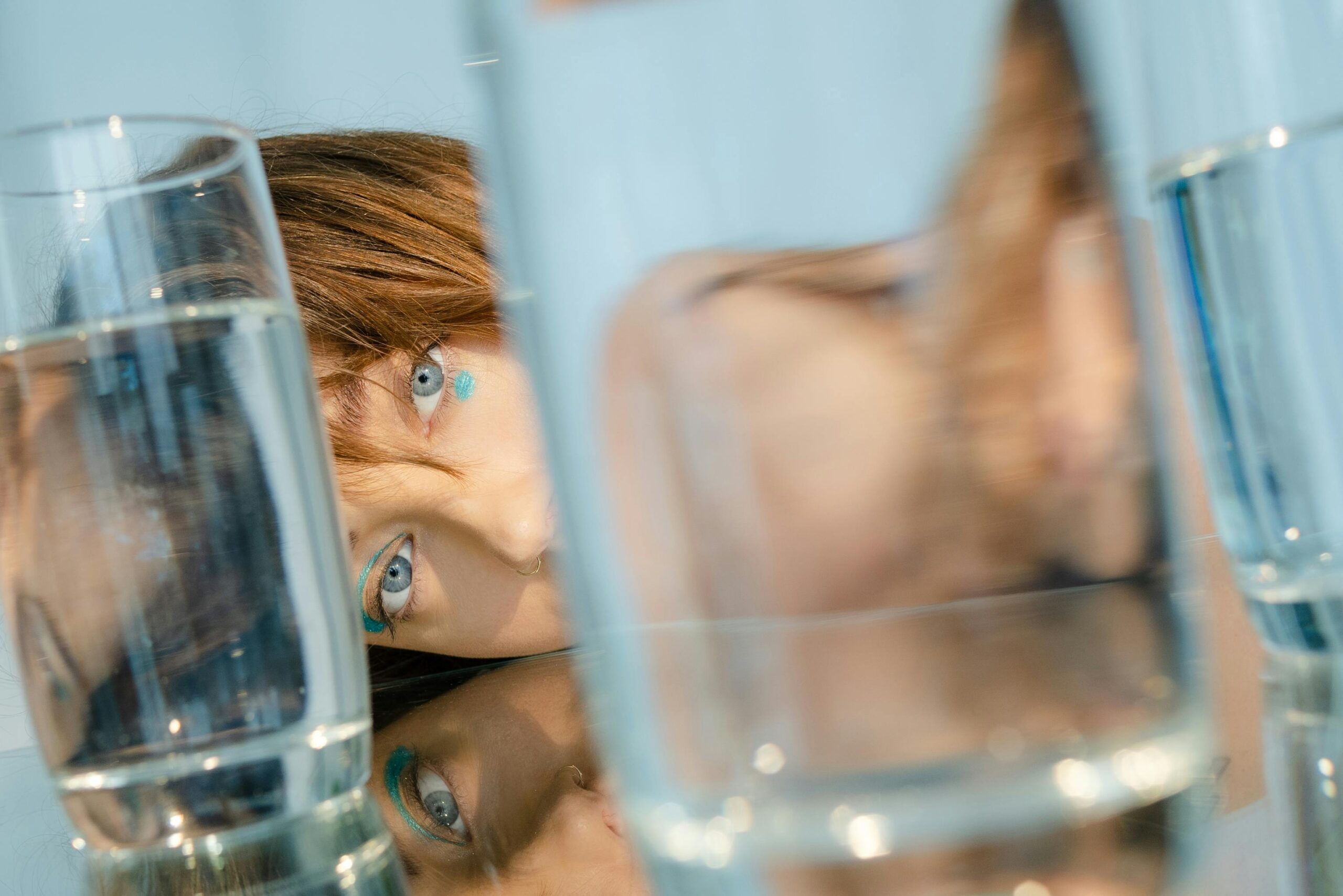Last Wednesday was chaos. My schedule was packed with back-to-back contract negotiations, disputes, and high-pressure meetings. Anticipating the stress, I struggled to fall asleep the night before. And when I finally did, it was far from restful—a night of tossing, turning, and waking up groggy.
Running on fumes, I turned to coffee—not just my usual one cup, but a college-days level caffeine overload. I needed the boost.
Then it happened. That familiar pressure in my CSR eye. My vision started distorting, and panic set in. Of all days… why today?
And of course, panicking only made it worse.
It turns out the perfect storm had brewed:
- Lack of sleep spiked my cortisol.
- Caffeine sent it even higher.
- My frustration with yet another flare-up pushed it over the edge.
A tough lesson learned—sleep and stress matter more than I thought when managing CSR.
Caffeine and energy drinks are widely consumed for their boost in alertness and energy, but for those with Central Serous Retinopathy (CSR), they might have unintended effects on eye health. Here’s what research and personal experiences suggest about the link between caffeine, energy drinks, and CSR.
1. Caffeine Increases Cortisol, a Key CSR Trigger
- CSR is strongly linked to elevated cortisol levels, the body’s primary stress hormone.
- Caffeine stimulates cortisol production, which can increase fluid leakage under the retina, worsening CSR symptoms.
- Energy drinks have even higher caffeine content, amplifying this effect.
🔹 Tip: If you have CSR, consider reducing caffeine intake to see if it helps prevent flare-ups.
2. Energy Drinks Contain More Than Just Caffeine
- Unlike coffee or tea, energy drinks contain multiple stimulants like taurine, guarana, and ginseng, which can further raise cortisol.
- Some energy drinks also contain artificial sweeteners, which may contribute to inflammation and oxidative stress in the body.
- Why it matters? These combined effects can put additional strain on the retina and increase CSR risk.
🔹 Tip: Check ingredient labels for added stimulants and opt for natural energy boosters like hydration and proper sleep.
3. Caffeine May Contribute to Eye Dehydration
- Caffeine has a diuretic effect, which means it can cause mild dehydration.
- Dehydration impacts eye health, potentially worsening blurry vision and light sensitivity—common CSR symptoms.
- Some studies suggest that dehydration may slow down the reabsorption of fluid under the retina, prolonging CSR episodes.
🔹 Tip: Drink plenty of water if you consume caffeine to help maintain proper hydration levels.
4. How Much Caffeine is Too Much for CSR?
- The average safe daily caffeine intake is 400 mg (about 4 cups of coffee).
- Energy drinks contain 150-300 mg per can, and high doses may increase cortisol and blood pressure.
- Some CSR patients report flare-ups after even moderate caffeine consumption, while others tolerate small amounts.
🔹 Tip: Start by tracking your caffeine intake and symptoms to see if there’s a connection.
5. Can Decaf Coffee or Tea Be a Better Option?
- Decaf coffee still contains small amounts of caffeine (5-10 mg per cup), but it’s significantly lower than regular coffee.
- Herbal teas like chamomile or peppermint are caffeine-free and may help reduce stress and inflammation.
- Green tea contains L-theanine, which may counteract some of caffeine’s stress-inducing effects.
🔹 Tip: If caffeine worsens your CSR, switching to decaf or herbal tea could be a safer alternative.
6. Can You Quit Caffeine Cold Turkey?
- Quitting caffeine suddenly can lead to withdrawal symptoms like headaches, fatigue, and irritability.
- A gradual reduction over 1-2 weeks can help prevent withdrawal.
- If you rely on caffeine for focus, try natural alternatives like light exercise, hydration, and proper sleep.
🔹 Tip: Instead of quitting suddenly, reduce caffeine gradually to see how your eyes respond.
7. The Final Verdict: Should CSR Patients Avoid Caffeine & Energy Drinks?
- Caffeine affects individuals differently, so it’s essential to track your own symptoms.
- If you experience CSR flare-ups, blurry vision, or eye strain after caffeine consumption, it may be best to cut back.
- Energy drinks pose a bigger risk than coffee or tea due to their high caffeine and stimulant content.
🔹 Final Tip: If you’re managing CSR, consider switching to low-caffeine or caffeine-free options to see if it improves your symptoms.
Conclusion
While caffeine doesn’t cause CSR, it can worsen symptoms by increasing cortisol, dehydrating the eyes, and affecting retinal fluid balance. If you have CSR, experimenting with lower caffeine intake and tracking symptoms may help in better managing the condition.
How Did My Day End?
Not great, but better than expected. My team had my back during the meetings and disputes, stepping in when needed. By midday, my eye started stabilizing—thanks to hydration and a few meditation sessions squeezed between meetings.
My Takeaway?
For me, the cortisol connection is real—stress fuels my CSR flare-ups, and coffee only makes it worse.
Fortunately, it was just a temporary spike—no lingering spots, no long-term damage. But the lesson is clear: health first.
Gonna take it easy on the coffee from now on.



